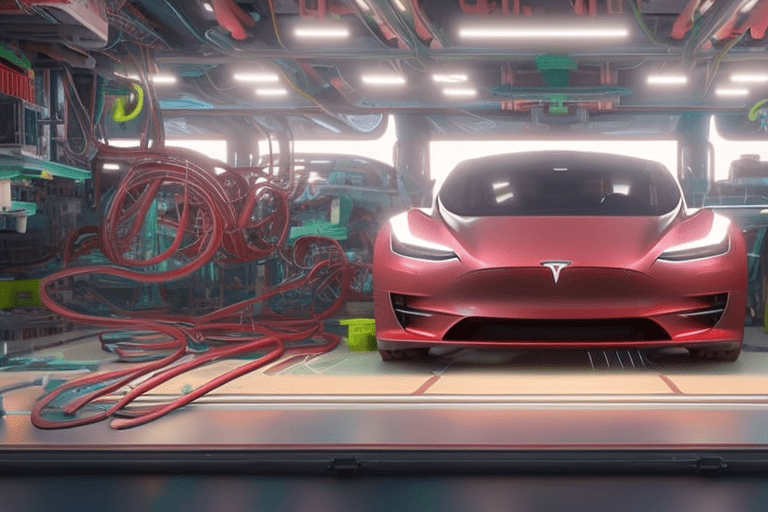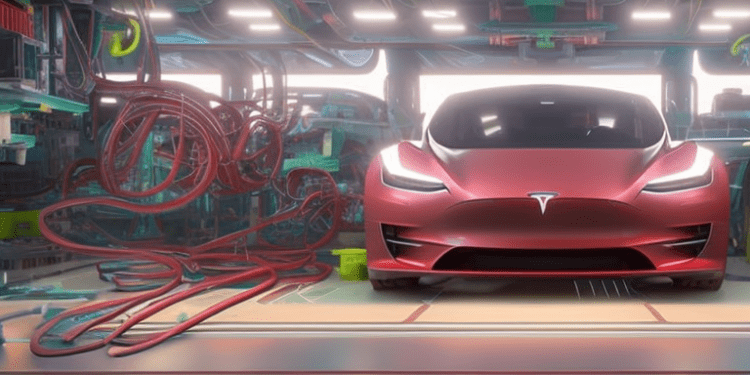The US Inflation Reduction Act (IRA) has had a major impact on the global clean technology arms race, with Tesla’s recent decision to relocate its German battery production to the US being the latest victim. This move comes after Tesla announced a massive $US3.6 billion expansion to its Nevada factory, which will increase annual capacity by 100 GWh per year.
The US policy has changed the economics of battery production, with the advanced manufacturing credits included in the IRA offering a $US35 per kilowatt-hour (kWh) credit for batteries produced in the US. This incentive is so great that it makes more sense for Tesla to produce its battery packs in the US and ship them to its Berlin factory for assembly, rather than produce them in Germany.
Tesla had originally planned to produce over 50 gigawatt hours per year at the Berlin factory, which would have earned them $US1.75 billion in US advanced manufacturing credits per year. This is why many companies are now scrambling to build facilities in the US to take advantage of the credits.
The US is reaping the rewards of this policy, with every new factory bringing new clean technology jobs, skills and capital. However, Europe is missing out on this opportunity, with Tesla’s decision to move its Berlin battery production resulting in a great loss for Europe in this critical early stage of the clean technology industrial revolution. It remains to be seen how the EU will respond to this challenge.
FAQ
Q1: Are electric car batteries recyclable?
A1: Yes, electric car batteries are recyclable.
Q2: Are electric car chargers free?
A2: It depends on the charger and the location. Some electric car chargers are free, while others may require a fee.
Q3: Can electric car batteries be rebuilt?
A3: Yes, electric car batteries can be rebuilt with the right tools and knowledge.










